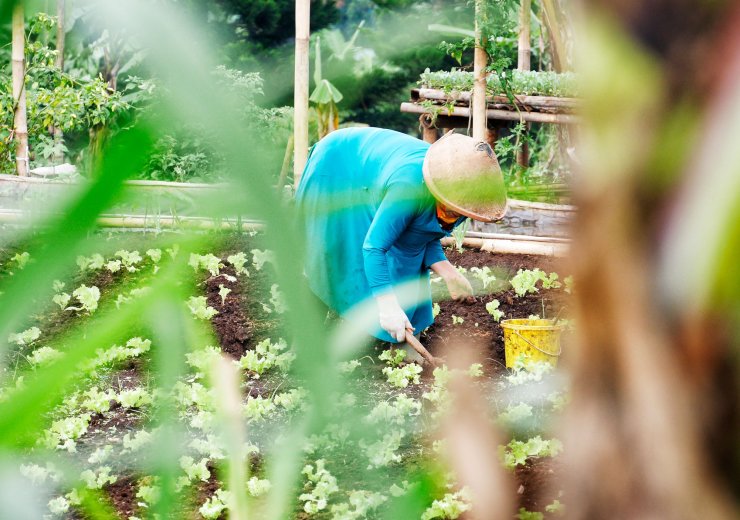
There are many tensions surrounding food and farming research. For starters, how can we ensure the impartiality of research but at the same time ensure it has practical relevance? What should the role of corporates be? And, if corporate involvement at some level is desirable or inevitable, then how to avoid conflicts of interest?
Much food and farming research is arguably supporting the current industrial food and farming systems quite satisfactorily. However, flaws in the current systems mean they are too often asking for research that delivers for private gain, rather than public good. The scientific quality of UK food and farming research is recognised to be high, but the issue is what is researched and how the use of its products are regulated.
“Who is research for? Surely the answer should be ‘for everyone’, including the children and grandchildren of the world?”
While industrial food system research has delivered benefits for some, it also has a number of aspects that many would consider undesirable, including amongst others a failure to address fundamental ethical questions; a narrow agenda; undue corporate influence; and the absence of a genuinely inclusive and open approach. In our view a transformation is needed.
We believe the status quo research agenda is not delivering the public good required for a food system that serves the needs of people, planet and animals. To create a food system that works for all, for ever, requires a new approach, proper investment in long-term solutions and an appropriate, inclusive, ethical food and farming research agenda.
We see a new opportunity to transform the way UK food and farming research is done for the public good at home and overseas. For that to happen, big questions must be asked and radical changes must follow. By addressing key questions about how the research agenda is set in food and farming, we hope to unmask and challenge the dominant research paradigm.
Our work on democratising the food and farming research agenda will highlight inclusive alternatives to deliver public good and promote dialogue with research institutions, funding bodies, government officials, CSOs and anyone with an interest in redefining the research agenda for the public good.
We published ‘Just knowledge’ back in 2004. This argued that the values and assumptions that get built in during research, innovation and regulation of science and technology must be opened to great public scrutiny and challenge. It explained that science is more than ‘just knowledge’ and that one crucial feature of a more robust research system is greater public engagement. The report went on to describe additional criteria that research and research policy must meet in order to earn public trust.
Many of the findings were supported by the subsequent International Assessment of Agricultural Knowledge, Science and Technology for Development (IAASTD).
A decade on from IAASTD in 2018, we published ‘For whom? Questioning the food and farming research agenda, a special magazine exploring where the power lies in setting our food and farming research agenda.
This collection of articles, featuring contributions from over 30 international experts – including Marion Nestle, Jonathon Porritt, Professor Michel Pimbert and Professor Tim Lang -, brought together invaluable insights on food and farming research from history, from different geographies and from different perspectives.
Following on from the success of ‘For Whom?’, we will promote dialogue with key government ministers, research institutions, funding bodies and anyone with an interest in reclaiming the food and farming research agenda for the public good. After all, nothing less than the future of food and farming is at stake.

Tim Lang considers why history matters for UK food-related research

The voices of food producers are vital. At last, they are starting to being heard.

Ethical reasoning must be a crucial element in decision-making on science and agriculture policy, says Ben Mepham